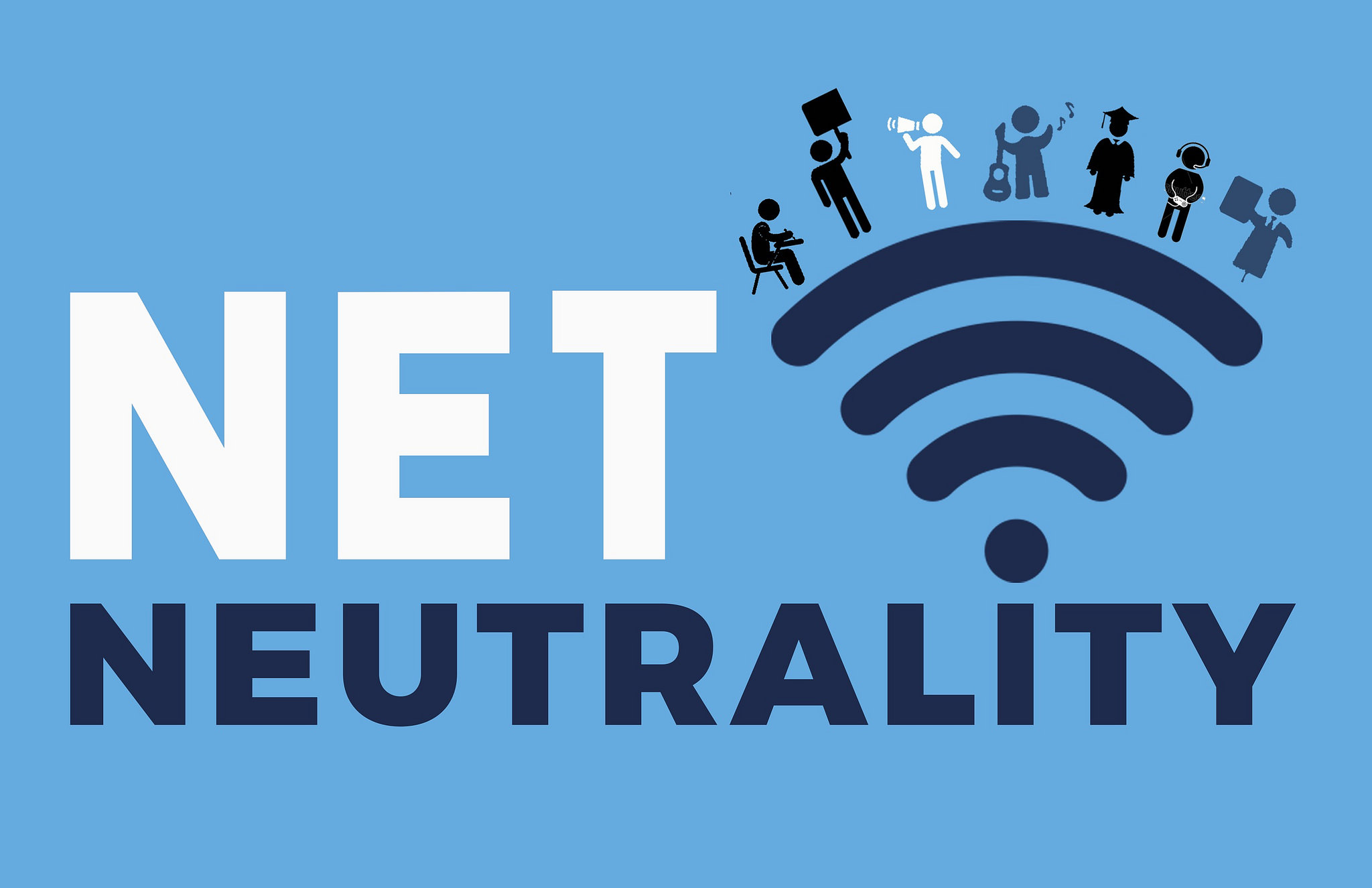Net Neutrality
Net neutrality is the concept of an open and equal internet for everyone regardless of device, application, and content. Internet service providers (ISPs) cannot slow down data to make way for another or charge extra for better internet speed. Some examples of net neutrality is when Verizon’s throttled their services which affected the Santa Clara County Fire Department’s ability to provide emergency services during the California wildfires and when Comcast introduced new speed limits where the resolution of videos will be throttled to 480p on all its mobile plans unless customers pay extra.
In 2015, the Obama administration enacted rules that prevented ISPs such as AT&T and Comcast from deliberately speeding up or slowing down traffic to or from specific websites based on demand or business preferences. In 2017, the Federal Communications Commission (FCC), under President Trump, eliminated all net neutrality protections and allowed states to implement their own open internet rules. In July of 2022, Senator Edward J. Markey, Ron Wyden, and Representative Doris Matsui introduced the Net Neutrality and Broadband Justice Act, a legislation that would classify broadband internet access as a telecommunications service under Title II of the Communications Act. This act would give the FCC authority to prohibit discriminatory practices and the ability to enact broadband policies that enhance public safety, increase accessibility and protect consumers.
The benefits to having net neutrality are information freedom, business freedom, and consumer choice. Net neutrality promotes free speech and idea sharing and net neutrality law prevents ISPs from getting the power to regulate or prohibit what their consumers see, access, or read on the internet and it prevents large businesses from gaining an unfair advantage when they pay ISPs more for unrestricted customer access to their products or services.



No comments:
Post a Comment